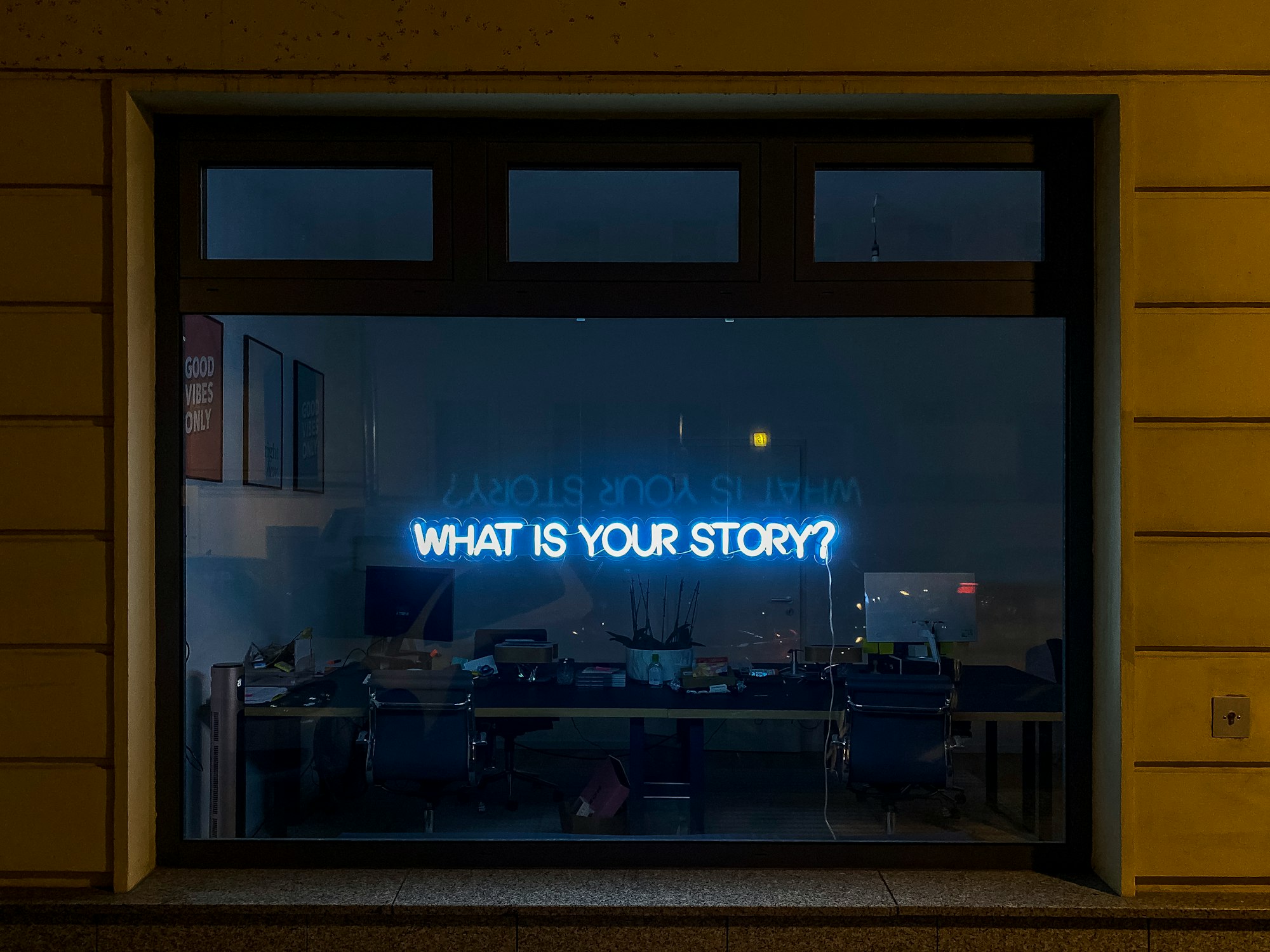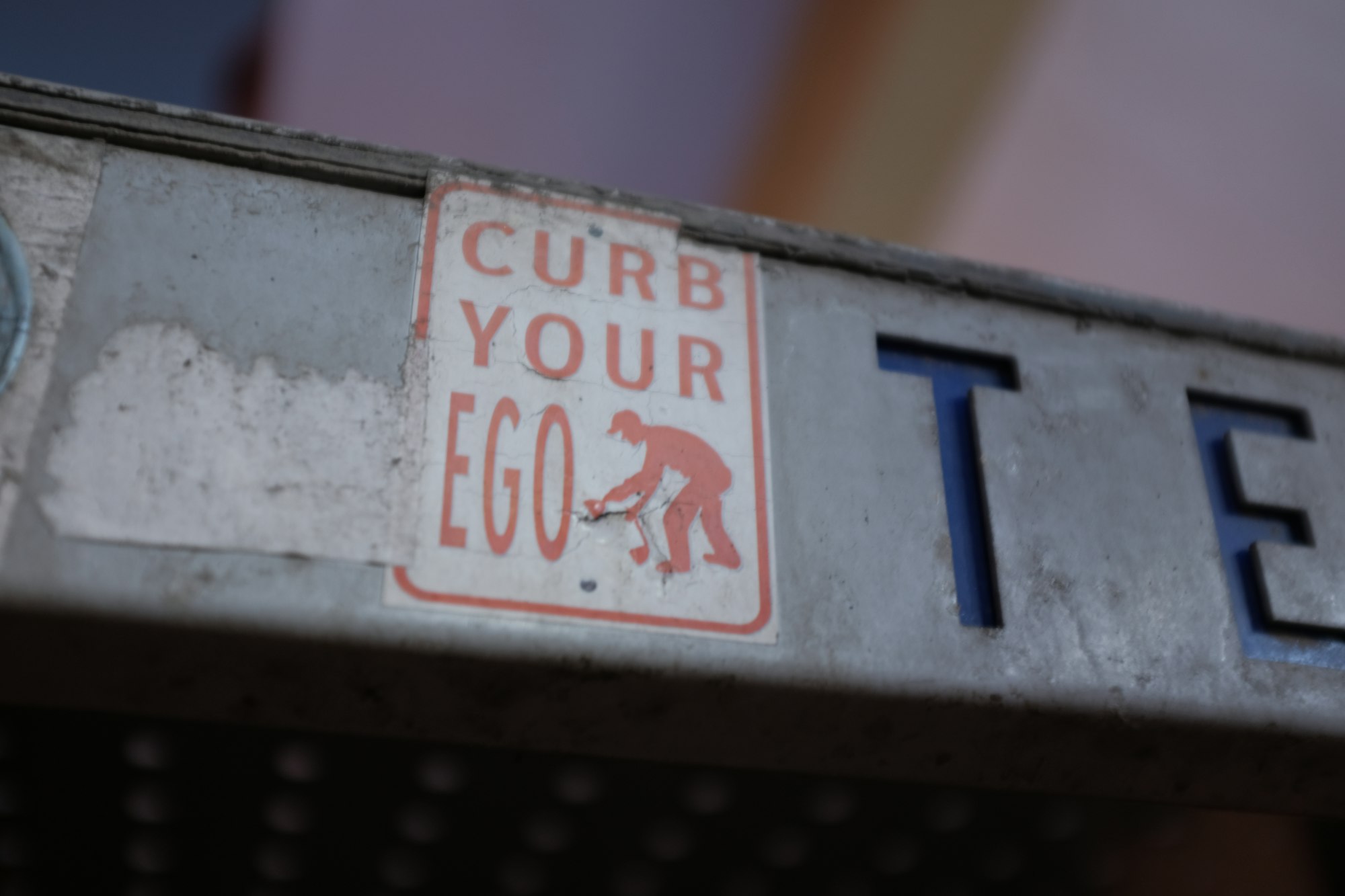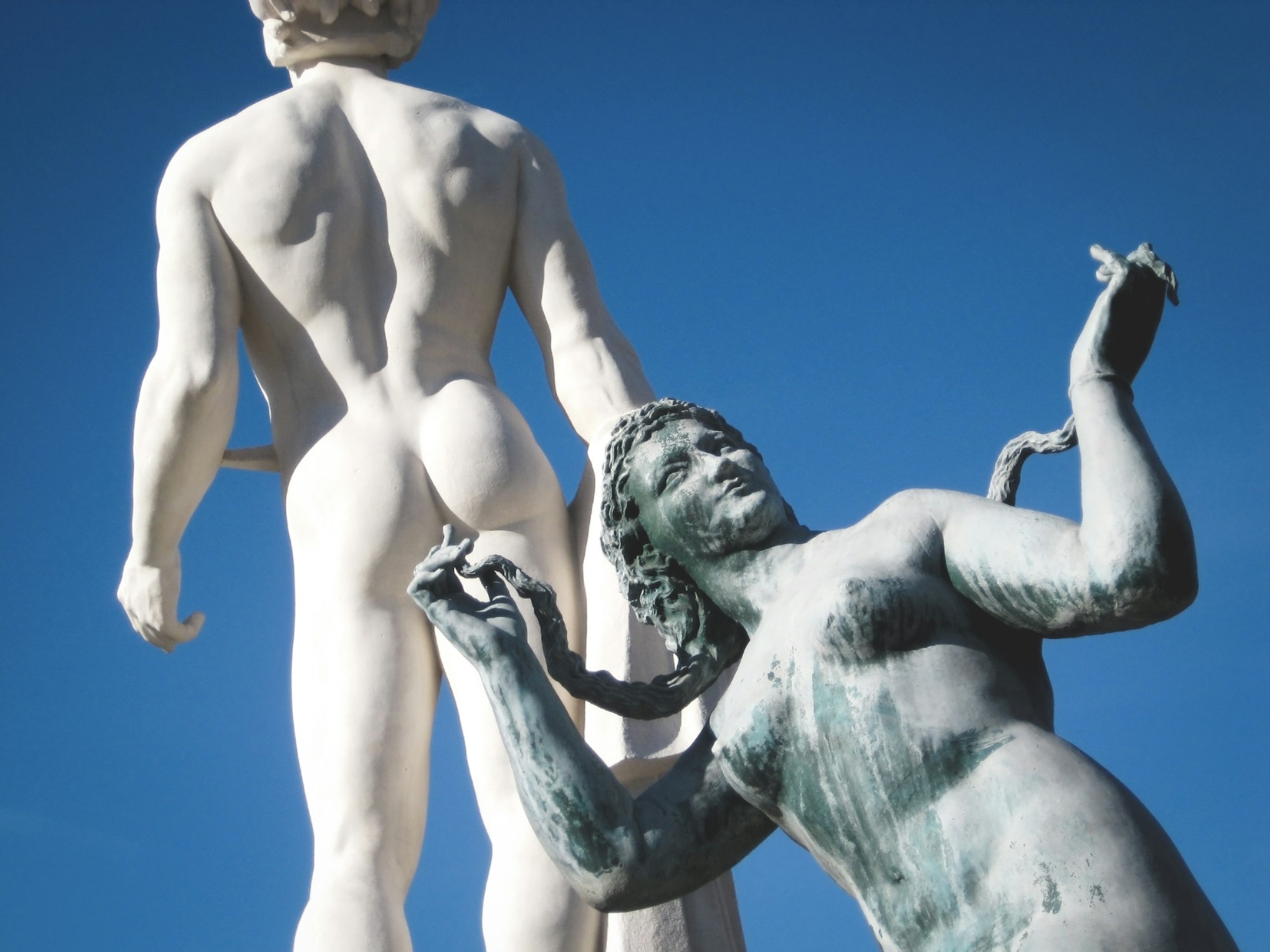Hey hey!
This week’s episode is about my learnings from listening to (and reading) Diana Chapman’s work. She’s an executive coach and advisor to leaders of large organisations.
In addition to two of her interviews, a few other things that caught my eye, before we get into the main piece.
Diana’s conversation with Shane Parrish. Listening to this for the second time (and I will certainly give it a few more listens) sparked this post.
I started watching Stutz on Netflix, thanks to a recommendation from a student. We were chatting about therapy and coaching and what-not, and while I am not done with it, I have 7 pages of notes. Check it out if you are into documentaries and/or interested in your mental health. You’ll hear more about this from me in a few weeks, once I am done watching it fully and it sinks in and does its thing.
A few things before we start:
I am paraphrasing and interpreting their conversation through my lens. So, any misattribution/misinterpretation is completely mine.
Like everyone, I find it easier to listen to people on my wavelength. Meaning both Shane Parrish and Diana Chapman say/view things that are cohesive with my sense of the universe.
With that out of the way, let's do this.
The drama triangle
When shit goes wrong, it feels natural to play the victim. Oh, why does this kinda stuff keep happening to me? If only I could catch a break. Why am I not losing the weight I gained over 7 years after dieting for two whole weeks?! Why does this happen to me?! The feeling of disempowerment is the primary one associated here.
You know the drill. You've been there.
The next actor in our personal drama tends to be the villain. This is the character who keeps playing the blame game. It is your fault, it is their fault, if only you had more willpower or better genes.
Like most of you, I was familiar with these two actors. What was surprising to me was the third - the hero. Not a term we'd associate with as a negative, right? In our lives, the hero plays the role of swooping in to rescue the situation. Temporarily!
I trained so hard at the gym today, I deserve the burger and chocolate milkshake. And gosh, it was such a hard day at work. I will vegetate on the couch and not do any of the chores because I deserve it. You play the hero to yourself. Or as I realised, you attempt to do it for other people. At work, when someone's struggling, many a time I've stepped in to rescue them and do their work for them. While this might appear to be a good thing, it is not. This is a band-aid and not something that helps me or them.
I am being a martyr for sacrificing my time and work to do their work. I am not valuing the other person’s intelligence or capacity to help themselves. I am meddling. When instead I should be giving them their time and space. And mentoring them to identify skill gaps and improvements - teach a person to fish and all that jazz.
Understanding this was uncomfortable. Realising I have done this on numerous was humbling.
In our professional and personal lives, we keep playing inside the drama triangle. We keep switching between one of these roles.
Being aware of this framework has been a revelation. Stepping back and observing this, and learning to step outside of the drama triangle has been powerful.
It is silly to expect 100% success, and I am nowhere close to even 50% success. But it is a game of reps. I have one more rep this month than I had all of last year. That's a great win!
Outcomes and egos
Do you want to be proven right? Or do you want to get the right outcome?
Many a time, you want to have the right idea. You want to be the genius who cooked something up and changed everything in your organisation. And as one of the founders of an organisation of two (back in 2010-11), approximately 50% of the ideas were mine. Which was a bad drug to inhale. It kept feeding the story that I needed to continue to come up with these kinda ideas and that was my role. It led to holding on to my ideas for too long, to not opening up and inviting others to shape the organisation.
We can all agree that we want to move forward. That we want to get to the right outcome. Many a time, what's standing in the way is our ego. We want to be the hero. We want to be right.
Learning this piece of the puzzle has been liberating. What I have done but can do a lot more of is to surround myself with people who kindly but firmly share their constructive feedback. And have more conversations with the dozens of crazy smart and successful people in my community.
And most importantly, listen to and invite my co-workers to actively build the organisation while I step back and learn. And participate in the process.
Facts and stories
I love this one!
There are facts. And there are stories.For example, the fact is I was speaking to my wife about a certain morning when went on a hike. And she picked up her phone and looked into it while "uh huh"ing along. The story I told myself was she's not interested in whatever I was saying, I was boring, and she's an asshole for not listening.
Now, when I keep this story to myself, it builds up inside. It explodes a few days or weeks later. And during that time, it fortifies itself. It morphs into something else. It invites the drama triangle where I play victim and hero and my wife plays various villains.
Sheesh!
Instead, what if we nipped this in the bud. And spoke out loud about the story forming in our heads? I might find that my wife was looking up a photo of the day I was referring to and added a lot more details and colour to our conversation.
Learning to separate facts from stories is imperative. Hold on to your stories with curiosity. Your stories are your framings from your limited perspective. Many a time, your stories are triggered by implicit memories from childhood which you haven't addressed. By not realising that it is a story, by not sharing the story and dismantling it, we allow the story to become a fact. It is anything but fact.
What's next?
The 3 learnings are intertwined. Unwillingness to share a story is ego over the outcome. And then playing out the drama triangle in our heads.
For me, this is an invaluable addition to my framework/philosophy. And a crucial requirement is a sense of humour. Taking any of my actions seriously leads to not being able to step out of it. Observing my antics allows me to step back. A sense of humour allows me to get away from my previous reflex of self-criticism. And most of all, to move forward towards a better outcome.
I hope you found this spark in a few brain cells.
I encourage you to listen to her chat with Shane, as well as her conversation with Tim Ferriss. I had to keep it down to 3 (and not 17) to keep to the ~1000 word limit.
Keep chipping away. This Socrates fellow was on to something with his "Know Thyself" bit.
That’s it from me. You have a good one, and I’ll see you in February.














Share this post